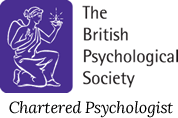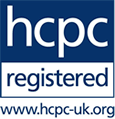Individual
- Assessing the learning and emotional needs of young people through direct work. This may include direct assessment (using supportive interview techniques and test materials, as required), consultation with staff and parents, and direct observation. A consultation is a collaborative conversation between psychologist and significant adult(s) working with that child, which seeks to develop understanding of, and solutions to, perceived problems.
- An individual assessment will cover some or all of the following, and the focus of assessment can be agreed with the educational setting in advance: Current levels of literacy and numeracy attainment and learning approach to these; cognitive ability; self-esteem, pupil aptitude, strengths and interests. Assessment ideally takes place over time, within the context in which the difficulties occur, and involves relevant people who are concerned. When all of the above information has been gathered, a report is written to document the assessments that have been used, who has been involved and what are the conclusions and recommendations to inform future planning. This should be a ‘live’ document, shared and acted upon by all staff – and suggestions made subject to review and further evaluation.
- Developing and supporting intervention following assessment that promotes positive behaviour and learning.



